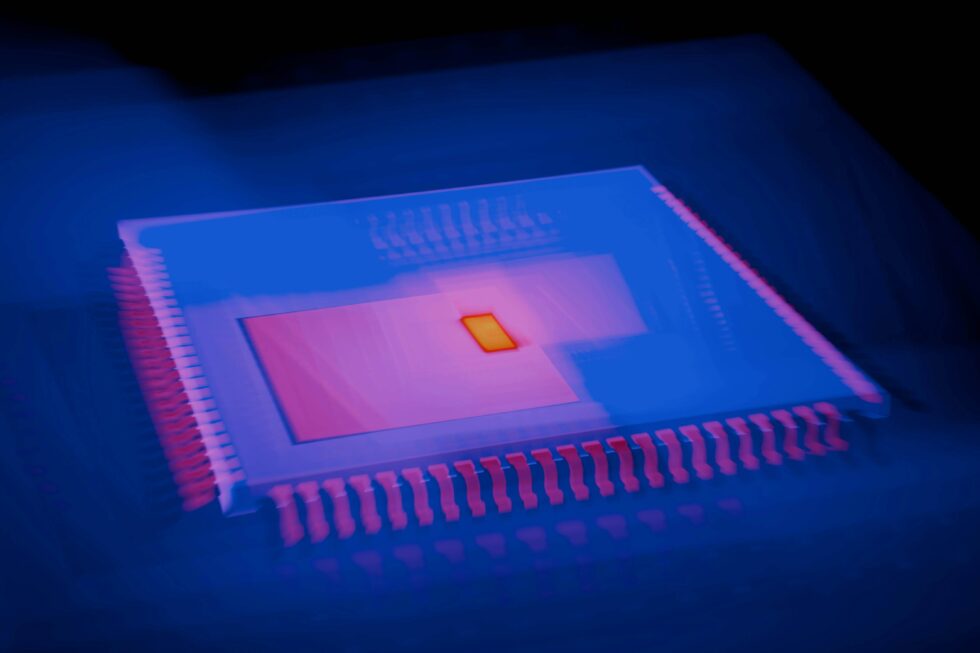
The landscape of artificial intelligence is undergoing a significant transformation, driven by groundbreaking advancements in AI chips and hardware. As we progress through 2025, several key developments are shaping the future of AI technology.
1. Meta’s Custom AI Chips
Meta has made headlines with the introduction of its custom AI chips, specifically designed to optimize performance for its AI workloads. These chips are part of a broader strategy to enhance Meta’s infrastructure, enabling more efficient processing for applications like content recommendation and generative AI.
2. Nvidia’s Dominance in AI Hardware
Nvidia continues to solidify its position as a leader in the AI chip market with its latest GPU offerings. The new architecture is tailored for high-performance AI tasks, allowing for faster training and deployment of machine learning models, which is crucial for developers and researchers.
3. Google’s Enhanced TPUs
Google has upgraded its Tensor Processing Units (TPUs), focusing on improving processing power and efficiency. These enhancements are designed to support a wide range of AI applications, from natural language processing to image recognition, further establishing Google’s role in the AI ecosystem.
4. Emerging AI Chip Startups
The AI chip market is witnessing the rise of innovative startups that are challenging established players. These companies are developing specialized chips that cater to specific AI applications, fostering competition and driving technological advancements in the industry.
5. Sustainability Initiatives in AI Hardware
As environmental concerns grow, many tech companies are prioritizing sustainability in their AI hardware development. This includes creating energy-efficient chips and utilizing sustainable materials, reflecting a commitment to responsible technology practices.
6. AI Chips for Edge Computing
The demand for edge computing is leading to the development of compact, efficient AI chips capable of processing data locally. This trend is essential for applications requiring real-time data analysis, such as autonomous vehicles and smart home devices.
7. Strategic Collaborations
Major tech firms are forming partnerships to enhance their AI chip capabilities. These collaborations aim to leverage shared expertise and resources, accelerating the development of next-generation AI hardware that meets the increasing demands of the market.
Conclusion
The advancements in AI chips and hardware are crucial for the ongoing evolution of artificial intelligence. As companies innovate and compete, the future of AI technology looks promising, with enhanced performance and expanded applications on the horizon. Stay updated on these exciting developments as the industry continues to evolve!






